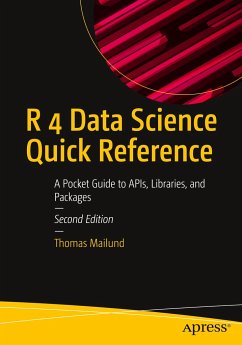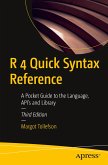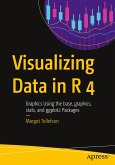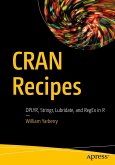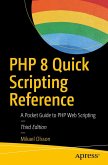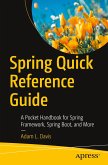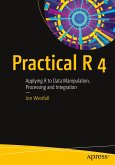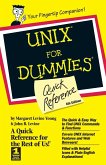In this handy, quick reference book you'll be introduced to several R data science packages, with examples of how to use each of them. All concepts will be covered concisely, with many illustrative examples using the following APIs: readr, dibble, forecasts, lubridate, stringr, tidyr, magnittr, dplyr, purrr, ggplot2, modelr, and more.
With R 4 Data Science Quick Reference, you'll have the code, APIs, and insights to write data science-based applications in the R programming language. You'll also be able to carry out data analysis. All source code used in the book is freely available on GitHub..
What You'll Learn
Programmers new to R's data science, data mining, and analytics packages. Some prior coding experience with R in general is recommended.
With R 4 Data Science Quick Reference, you'll have the code, APIs, and insights to write data science-based applications in the R programming language. You'll also be able to carry out data analysis. All source code used in the book is freely available on GitHub..
What You'll Learn
- Implement applicable R 4 programming language specification features
- Import data with readr
- Work with categories using forcats, time and dates with lubridate, and strings with stringr
- Format data using tidyr and then transform that data using magrittr and dplyr
- Write functions with R for data science, data mining, and analytics-based applications
- Visualize data with ggplot2 and fit data to models using modelr
Programmers new to R's data science, data mining, and analytics packages. Some prior coding experience with R in general is recommended.

